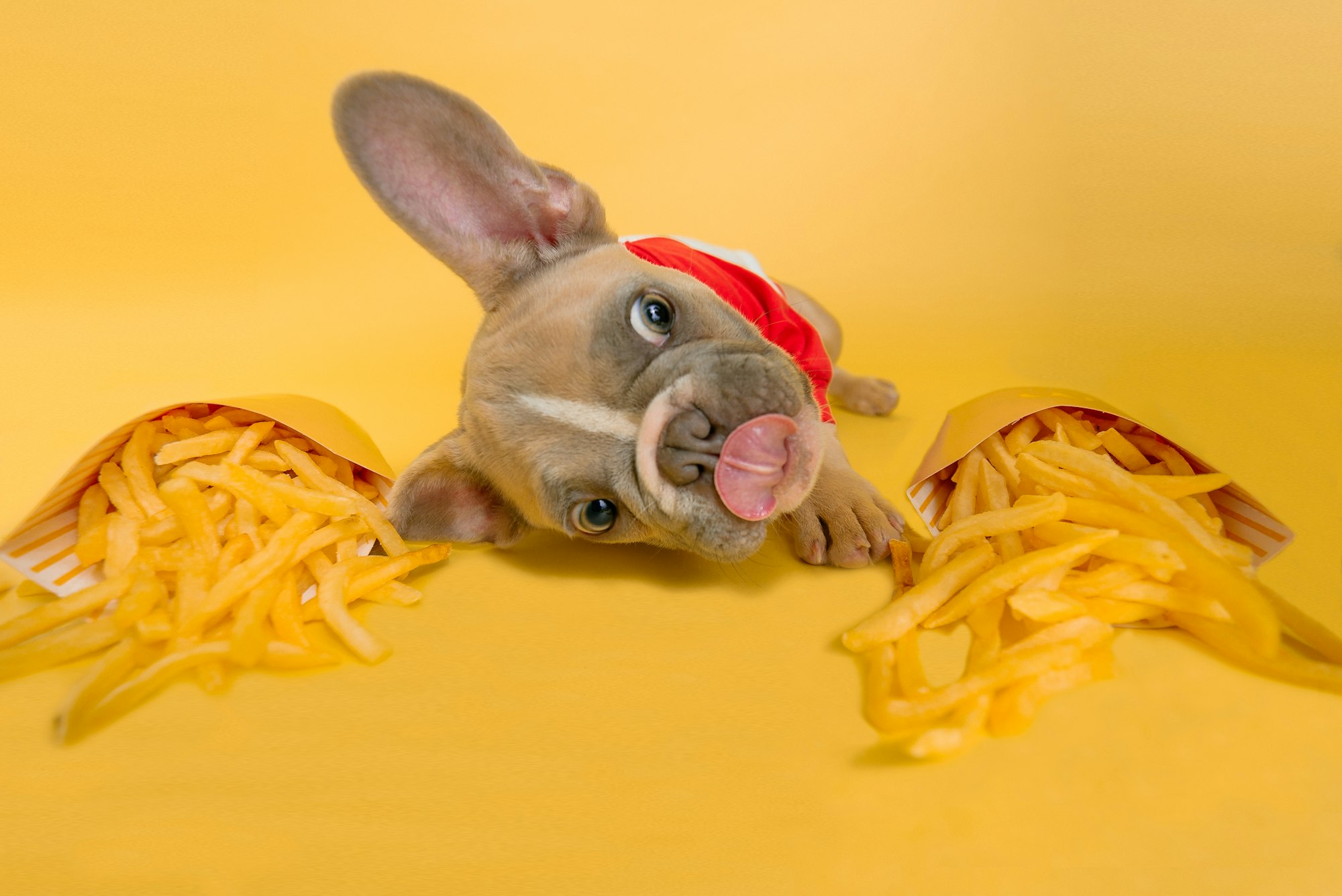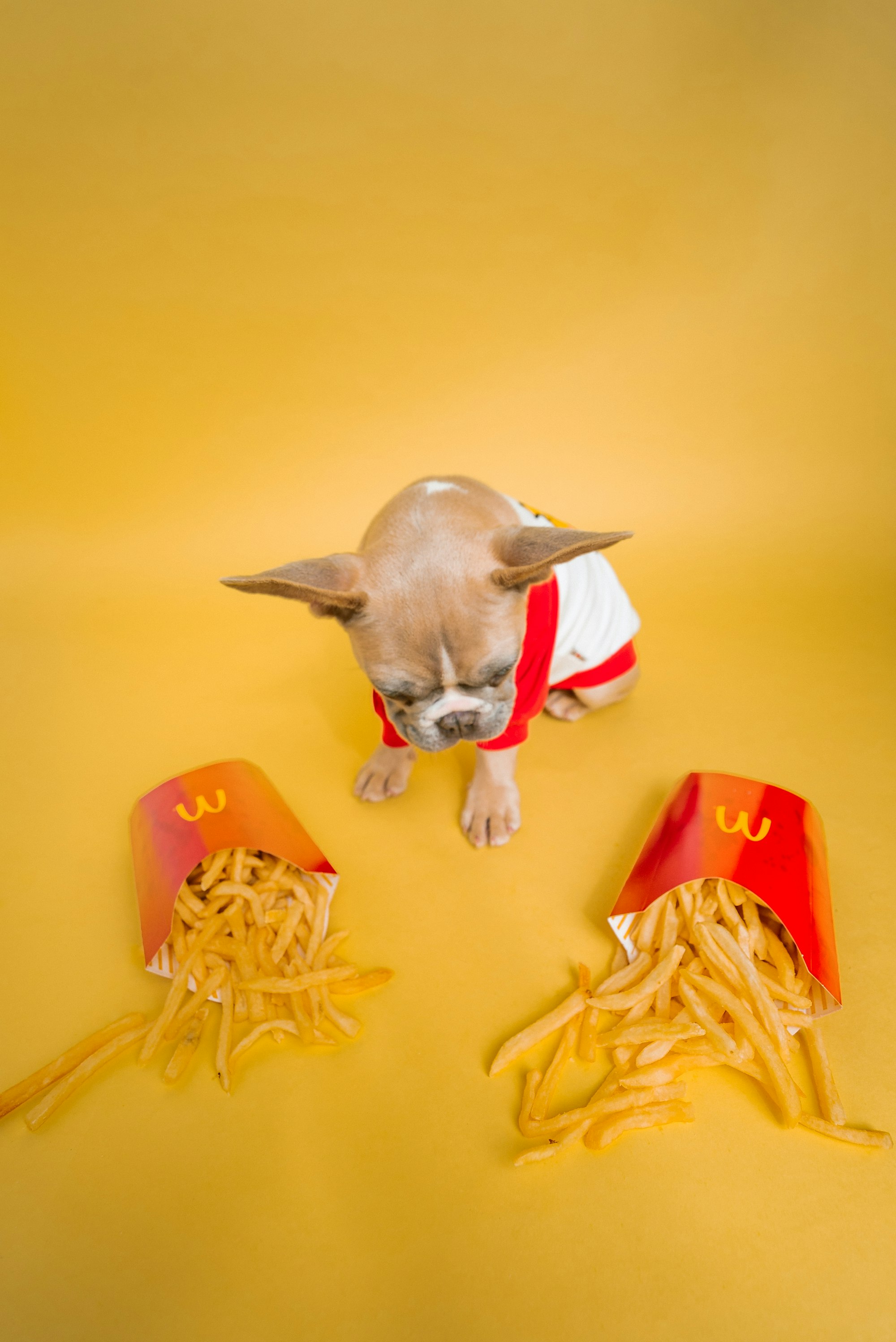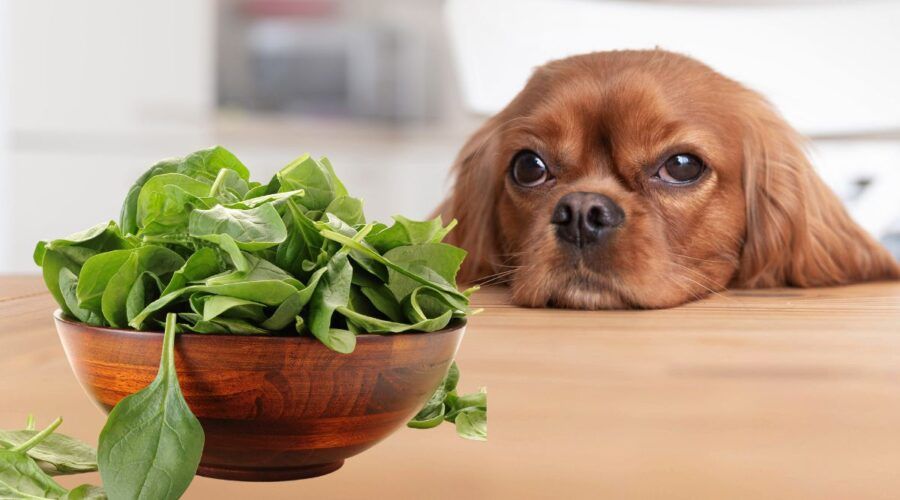As a dog owner, your priority is keeping your four-legged friend safe, healthy, and happy. One important part of this is making sure their diet meets all of their nutritional needs, but also ensuring that it doesn't contain anything harmful. With the humanization of pet food and the trend towards "natural" diets, you might be tempted to supplement your dog's food with leftovers or other human food. But, you've likely heard varying opinions on this. One commonly debated topic is the safety of feeding your dog potatoes. So, what is the truth about dogs and potatoes? Is it safe or not?
Dogs and Potatoes: What Does Science Say?
The simple answer to whether dogs can eat potatoes is yes. But, as with most things in life, it's not quite that straightforward. Potatoes are a common ingredient in many commercial dog foods due to their high nutrient content. They contain vitamins C and B6, potassium, and magnesium, which can all contribute to your dog's overall health. However, it's essential to prepare them properly.
Raw potatoes, particularly green ones, contain a compound called solanine, which is toxic to dogs. The symptoms of solanine poisoning can include nausea, vomiting, seizures, and in severe cases, even death. Therefore, it's crucial to always cook potatoes thoroughly before feeding them to your dog, as cooking destroys most of the solanine.
The Risks of Feeding Potatoes to Dogs
While properly cooked potatoes are generally safe for dogs, they aren't suitable for all dogs. For instance, if your dog is overweight or has certain health conditions like diabetes, you should be cautious with potatoes. This is because potatoes are high in carbohydrates, which can lead to weight gain and exacerbate conditions like diabetes.
Excessive consumption of potatoes can also lead to tooth decay in dogs. Starch from potatoes can get stuck in their teeth, leading to plaque buildup and dental problems over time. If your dog does eat potatoes, be sure to provide them with plenty of water to help wash away any residual starch and consider brushing their teeth or providing dental chews to help keep their teeth clean.
It's also worth mentioning that some dogs might be allergic to potatoes. While this is relatively rare, it's possible. Symptoms of a potato allergy in dogs can include skin problems, gastrointestinal upset, and lethargy.
Making the Right Choice for Your Dog
If you're still unsure about whether to feed your dog potatoes, it might be helpful to talk to your vet. They know your dog's health history and can provide personalized advice. Remember, every dog is different. What works for one might not work for another.
When Dogs and Potatoes Mix: A Real-Life Example
Take Lucy, for example. She's an energetic Border Collie who loves participating in dog sports. Her human, Jessica, was always looking for ways to keep Lucy's diet balanced and full of energy to match her active lifestyle. After researching, Jessica decided to supplement Lucy's diet with cooked potatoes. She also trained Lucy with positive reinforcement, rewarding her with small pieces of cooked potato.
Everything was going well until Jessica noticed that Lucy seemed a bit sluggish and had some skin irritation. Concerned, she took Lucy to the vet, who diagnosed her with a potato allergy. Jessica was surprised but relieved to have a diagnosis. She immediately stopped feeding Lucy potatoes and switched to a hypoallergenic diet, which quickly cleared up Lucy's symptoms.
This story illustrates the importance of observing your dog's reaction to any changes in their diet. Even seemingly harmless foods like potatoes can cause problems for some dogs. It also emphasizes the importance of consulting with your vet before making significant changes to your dog's diet.

Are There Alternatives to Potatoes?
If you're worried about the risks associated with feeding your dog potatoes, there are other options available. For example, sweet potatoes are a great alternative. They have a lower glycemic index than regular potatoes, making them a better choice for overweight or diabetic dogs. They also contain beta-carotene, which is good for your dog's eyesight.
Other safe vegetables for dogs include carrots, peas, and green beans. These can be cooked and mashed up, then added to your dog's regular food for a nutrient boost. For a fun and enriching feeding experience, you might consider using a scratch board to hide these veggies, encouraging your dog to use their natural foraging instincts.
Variety is the Spice of Life
Just as humans thrive on varied diets, the same is true for our canine companions. While potatoes can provide a nutritious addition to their meals, ensuring a mix of different foods can offer a broader spectrum of vitamins and minerals. Feeding your dog a variety of safe vegetables not only boosts their health, but it also keeps mealtime interesting for them.
Portion Control is Key
Despite the benefits that potatoes might offer, remember that they should not constitute a large portion of your dog's diet. Dogs primarily need protein, so their meals should consist mostly of high-quality meat. The other parts of their diet should include vegetables, grains, and a minimal amount of fruits. When feeding potatoes, keep the portion small - a few spoonfuls for a medium-sized dog, for instance.
Preparing Potatoes for Your Dog
Preparation is key when it comes to feeding your dog potatoes. Always cook them thoroughly, either by boiling, baking, or steaming. Avoid adding any seasoning, as common additives like salt, garlic, and onions can be harmful to dogs.
Remember Lucy? After her allergy diagnosis, Jessica decided to try sweet potatoes instead. She cooked them thoroughly and mashed them up before mixing them with Lucy's regular dog food. To her delight, Lucy loved them and showed no signs of an allergic reaction.
What about Potato Skins?
While the flesh of the potato can be a safe and nutritious treat for your dog when prepared correctly, what about the skin? The skin of a potato is where the majority of the solanine is found. While cooking does reduce the levels of this toxic compound, it may not eliminate it entirely. For this reason, it is generally safer to peel potatoes before cooking them for your dog.
Watch out for the Tell-Tale Signs
If you choose to feed your dog potatoes, be sure to monitor them for any adverse reactions. These could include digestive issues, such as vomiting or diarrhea, excessive gas, changes in appetite, or lethargy. Also, watch out for signs of more serious issues, such as seizures or muscle weakness, which could indicate solanine poisoning. If you notice any of these symptoms, stop feeding them potatoes immediately and consult your vet.
Incorporating Potatoes into Homemade Dog Food
For those who prepare homemade meals for their dogs, potatoes can provide a cost-effective, nutritious addition. But remember, a dog's diet should be primarily protein-based, with grains and vegetables making up the rest. Consult with a veterinarian or a pet nutritionist to create a balanced, nutritious meal plan for your dog.
Let's take another look at Jessica and Lucy. To ensure Lucy gets a balanced diet, Jessica decides to prepare homemade meals for her. She includes lean meat, a variety of vegetables, including sweet potatoes, and a small amount of rice. She avoids using seasonings or spices, as these could upset Lucy's stomach. Lucy takes to her new diet well, maintaining her energy for her dog sports and showing no signs of the skin irritation that had previously troubled her.
A Word of Caution: Not all 'People Foods' are Dog-Safe
It's essential to remember that not all foods safe for human consumption are safe for dogs. Grapes, raisins, onions, chocolate, and alcohol are just a few examples of foods that can be toxic to dogs. Always research or consult with a vet before introducing new foods to your dog's diet.

Introducing Fi Dog Collars: Enhancing Safety and Adventure
When it comes to keeping our beloved dogs safe and secure, we're always on the lookout for innovative solutions. One such solution is the Fi Dog Collar – a revolutionary collar that combines advanced technology with practicality. As we delve into the truth about dogs and potatoes, it's crucial to explore how a Fi Dog Collar can complement the topic and enhance the overall well-being of our canine companions.
The Power of Tracking and Location
One of the primary concerns when it comes to allowing our dogs to roam and explore is ensuring we can always locate them. With a Fi Dog Collar, you can have peace of mind knowing that your furry friend is just a few taps away on your smartphone. The collar is equipped with cutting-edge GPS technology, allowing you to track your dog's real-time location accurately.
So, imagine this scenario: You've taken your dog, Max, to a dog-friendly park, and you're letting him off the leash to run freely. Max loves to chase after squirrels, and you want to give him that joy while also ensuring his safety. With the Fi Dog Collar, you can monitor Max's location using the Fi mobile app on your phone. You'll know exactly where he is, even if he decides to venture a bit too far. The collar acts as a virtual safety net, giving you peace of mind while Max enjoys his off-leash adventures.
Safety First: Potatoes and Potential Allergies
As we explored earlier, some dogs may have allergies or sensitivities to certain foods, including potatoes. If your dog falls into this category, it's essential to take precautions and avoid feeding them any potentially harmful substances. This is where the Fi Dog Collar can play an important role.
The Fi Dog Collar allows you to set custom "Safe Zones" within the app. These virtual boundaries help ensure your dog stays within designated areas, away from potential allergens or other substances that could trigger adverse reactions. By setting up a Safe Zone around your home or backyard, you can prevent your dog from accessing any areas where potatoes or other problematic foods might be present.
Fitness and Adventure with Fi
Maintaining a healthy lifestyle is essential for dogs, just as it is for humans. Regular exercise and mental stimulation contribute to their overall well-being. With the Fi Dog Collar, you can seamlessly integrate fitness tracking into your dog's routine.
The collar comes with built-in activity monitoring, allowing you to keep track of your dog's daily exercise. This feature is particularly useful for active dogs who participate in sports, such as agility or dock diving. You can set fitness goals, track calories burned, and even join challenges within the Fi community. It's a fantastic way to ensure your dog stays fit and engaged, regardless of their dietary preferences.
An Emphasis on Positive Reinforcement
Positive reinforcement is a cornerstone of effective dog training. It promotes a healthy bond between dog and owner while encouraging desired behaviors. The Fi Dog Collar aligns perfectly with this approach.
Imagine this: You're teaching your dog, Luna, a new trick using positive reinforcement techniques. Every time Luna successfully performs the trick, you reward her with a small piece of cooked potato – her favorite treat. By using the Fi Dog Collar's built-in LED light, you can create a visual cue that reinforces the positive association between the trick and the treat. Luna quickly learns to associate the light with a reward, making the training process even more engaging and effective.
Conclusion: Fi Dog Collars – A Perfect Match for Safety and Adventure
As we've explored the truth about dogs and potatoes, it's evident that the Fi Dog Collar aligns perfectly with the topics at hand. From its advanced tracking capabilities to its emphasis on safety, fitness, and positive reinforcement, the collar enhances the overall well-being of our furry friends.
When it comes to keeping our dogs safe, secure, and happy, the Fi Dog Collar is a game-changer. It not only complements the discussions surrounding dogs and potatoes but also provides an additional layer of protection and adventure. By utilizing the latest technology, Fi empowers dog owners to embrace the joy of pet ownership while ensuring their dogs are always safe, healthy, and in good hands.





